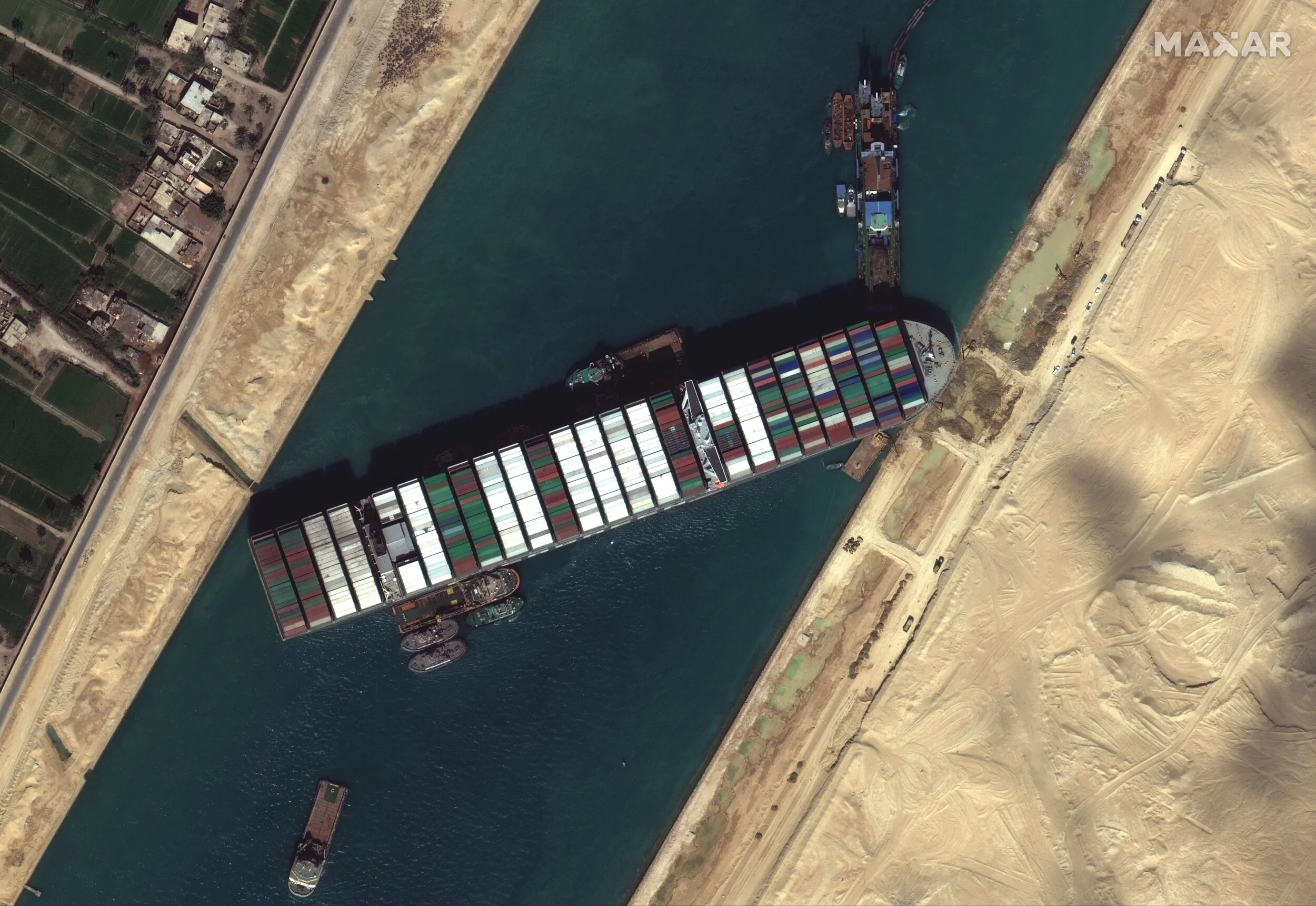On March 23, the 1,312-foot-long container ship Ever Given ran aground in the Suez Canal. The Suez Canal is a human-made waterway in Egypt connecting the Mediterranean and Red seas, providing the shortest maritime route from Asia to Europe. The Ever Given blocked the canal for six days, leaving more than 400 ships stranded.
Governor Charlie Baker commits Massachusetts to net-zero emissions by 2050 in new climate law
Massachusetts Governor Charlie Baker signed a new climate bill committing the state to a net-zero carbon emission target by 2050. The new law, called “An Act Creating a Next-Generation Roadmap for Massachusetts Climate Policy,” is the most significant change in the commonwealth’s climate policy since the Global Warming Solutions Act in 2008. It was signed on Friday, March 26, ending a months-long debate over the bill, which included an initial veto by Baker this past January.
New study finds bottom trawling emits carbon dioxide equivalent to airplanes
The ocean covers over two-thirds of the Earth’s surface and acts as a major heat and carbon sink. Despite the role it plays in mitigating climate change, it bears the brunt of our warming planet, with impacts heavily felt by marine species and ocean ecosystems. A recent study published in the scientific journal Nature found that bottom trawling emits as much carbon dioxide annually as airplanes. Bottom trawling is notorious for causing damage to ecosystems, as various forms of marine life are caught unintentionally in nets.
Weekly Climate News
March 25, 2021
Many companies are advocating for the profitability of conservation, sustainable fishing and carbon sequestration.
Research has found that farmed fish are consuming more vegetables than wild fish stocks.
Flooding in Australia has forced about 20,000 Australians to evacuate and has caused the closure of over 150 schools.
Carbon markets haven’t felt the economic impacts of COVID-19.
In the face of political turmoil, COVID-19 and economic crisis, Lebanon is becoming more ambitious in its climate policy with the goal of cutting carbon emissions 20 percent by 2030.
A new NASA satellite has been designed to track natural disasters, melting ice and other climate change-related effects.
A new study in the journal Geophysical Research Letters indicates that summer in the Northern Hemisphere is lengthening. In response to global heating, the end of the century could see the extension of summer by nearly six months.
NASA has recently joined the White House National Climate Task Force.
Tropical rainforest used to cover 13 percent of Earth’s surface. Today, 34 percent of that area is gone while an additional 30 percent is degrading.
COVID-19 reveals the relationship of climate change with public health
As the world contends with over a year of the COVID-19 pandemic, the stability of environmental systems on health, well-being and quality of life have been brought to global attention. The pandemic has shown that public health hinges on the effectiveness of numerous medical, biological and ecological systems. These systems will change further as our planet continues to warm in response to environmental degradation and increasing carbon dioxide levels.
A year in review: Global environmental policies
A year in review: COVID-19 impacts the environment
Talcott Greenhouse turns the annual flower show virtual using social media
The Mount Holyoke Botanic Garden is adapting to COVID-19 restrictions by substituting its annual flower show, which has been a tradition since 1971, with the March into Spring series on the garden’s Instagram page. Talcott Greenhouse is one of many campus buildings to remain closed during the spring semester, leading to the cancellation of the 2021 Flower Show and making social media an important way for students to connect with the greenhouse.






